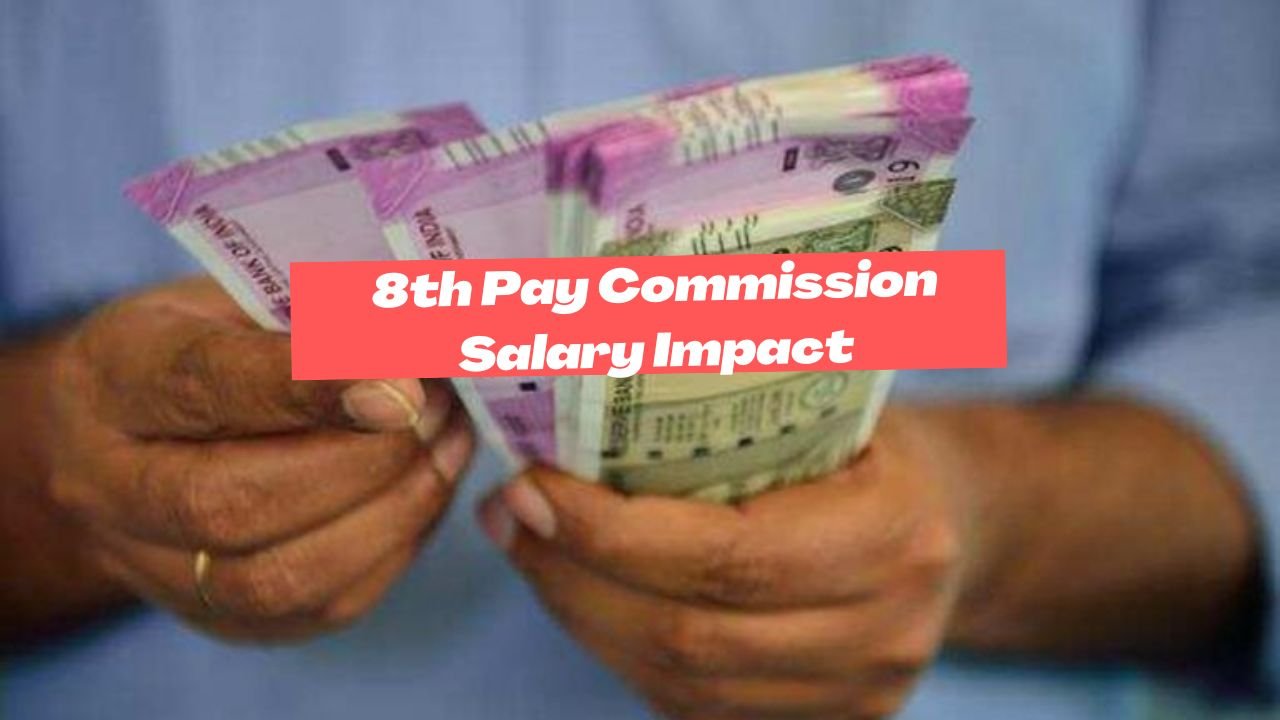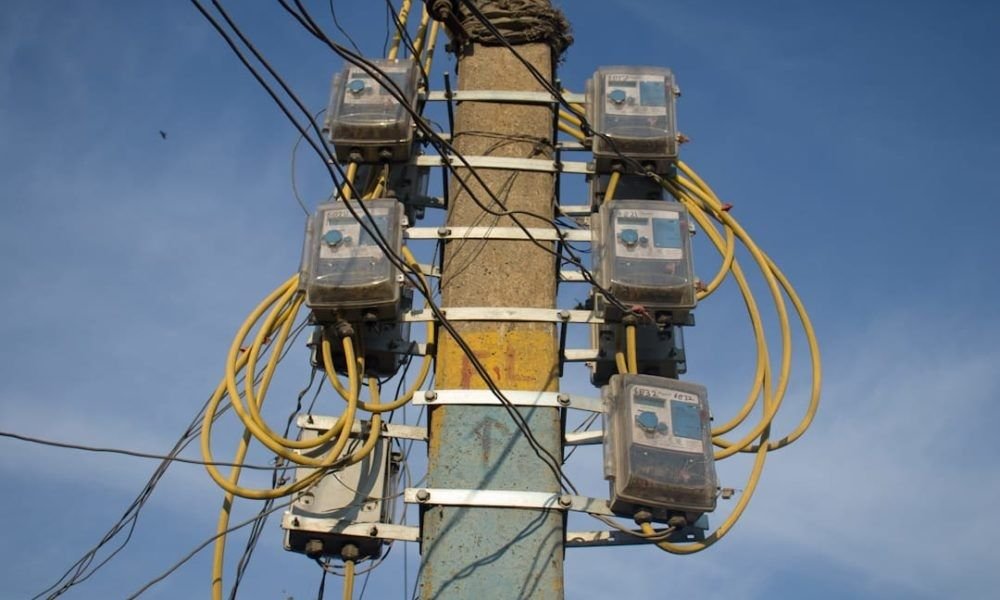The Government of India has officially greenlit the 8th Pay Commission, sparking renewed optimism among over 1 crore central government employees and pensioners. The eagerly anticipated salary and pension revisions are projected to take effect from January 1, 2026, with significant enhancements expected in basic pay, pension, and key allowances.
What is the 8th Pay Commission and Why It Matters
The Pay Commission is a periodic mechanism established by the central government to revise the salaries, pensions, and benefits of government employees. The 8th Pay Commission aims to address current cost-of-living concerns, inflation adjustments, and ensure fair compensation across different pay levels.
This update follows the 7th Pay Commission, which had implemented a fitment factor—a crucial multiplier used to recalculate salaries—of 2.57. In the upcoming 8th Pay Commission, the fitment factor is likely to increase to 2.86, significantly boosting income levels across the board.
Minimum Basic Pay and Pension Likely to See Sharp Increase
If the proposed fitment factor of 2.86 is approved, the minimum basic pay could jump from ₹18,000 to ₹51,480, while pensions may rise from ₹9,000 to ₹25,740. This sharp increase will directly impact the financial well-being of lakhs of families dependent on government salaries or pensions.
Estimated Revisions at a Glance:
- Minimum Basic Salary: ₹18,000 → ₹51,480
- Minimum Pension: ₹9,000 → ₹25,740
- Implementation Date: January 1, 2026
Allowances to Be Recalculated Based on Pay and Location
In addition to the basic pay hike, several important allowances such as House Rent Allowance (HRA) and Travel Allowance (TA) will be updated. These revisions will vary depending on the employee’s posting location, job nature, and travel frequency.
For instance, two employees on the same pay level but posted in different cities may draw significantly different total salaries due to HRA slabs.
National Pension System (NPS) and CGHS Contribution Adjustments
With increased salaries, NPS contributions will also rise. Under current norms:
- Employees contribute 10% of basic pay + Dearness Allowance (DA)
- Government contributes 14%
This means a larger chunk of salary will now go towards retirement savings, ensuring better post-retirement security.
Similarly, Central Government Health Scheme (CGHS) contributions will be recalculated according to the revised pay scales, potentially improving healthcare benefits in the long run.
Projected Salaries Across Different Grades (Based on Fitment Factor 2.86)
Below are some projected salary estimates across various grades and levels:
Level 3 (Grade Pay 2000)
- Revised Basic Pay: ₹57,456
- Gross Salary (Incl. HRA, TA): ₹74,845
- Net Salary After Deductions: ₹68,849
Level 6 (Grade Pay 4200)
- Revised Basic Pay: ₹93,708
- Gross Salary: ₹1,19,798
- Net Salary: ₹1,09,977
Level 9 (Grade Pay 5400)
- Revised Basic Pay: ₹1,40,220
- Gross Salary: ₹1,81,073
- Net Salary: ₹1,66,401
Level 11 (Grade Pay 6600)
- Revised Basic Pay: ₹1,84,452
- Gross Salary: ₹2,35,920
- Net Salary: ₹2,16,825
Key Benefits for Government Employees and Pensioners
- Enhanced Living Standards: With increased pay and pension, employees can better manage household expenses and savings.
- Higher Retirement Corpus: Boost in NPS contributions ensures improved financial security post-retirement.
- Better Health Access: CGHS adjustments will reflect new income brackets, possibly extending more comprehensive coverage.
Final Recommendations Pending from Commission Members
While the approval of the 8th Pay Commission is confirmed, the final set of recommendations is still awaited. Appointed commission members will review cost indices, inflation, employee needs, and sectoral parity before releasing the final report, expected in late 2025.
This report will formalize the exact pay matrix, revised allowances, and implementation roadmap, ensuring larity across all ministries and departments.
The 8th Pay Commission is poised to bring transformational changes to the government employment landscape. With the potential to triple minimum salaries and pensions, the new framework is expected to reduce economic stress, promote job satisfaction, and create a balanced compensation ecosystem aligned with India’s rising inflation and living costs.
As the government gears up for implementation in 2026, all eyes remain on the final recommendations to be rolled out by the commission.
















